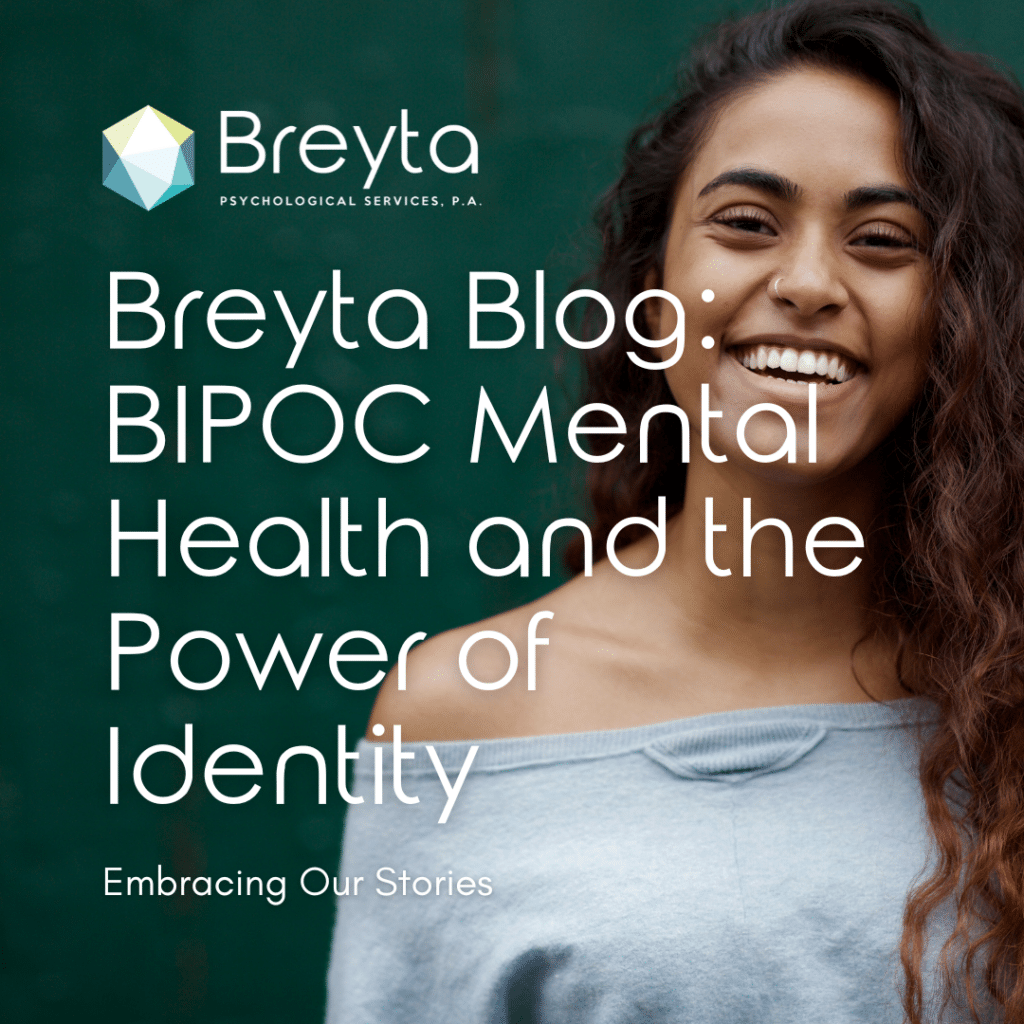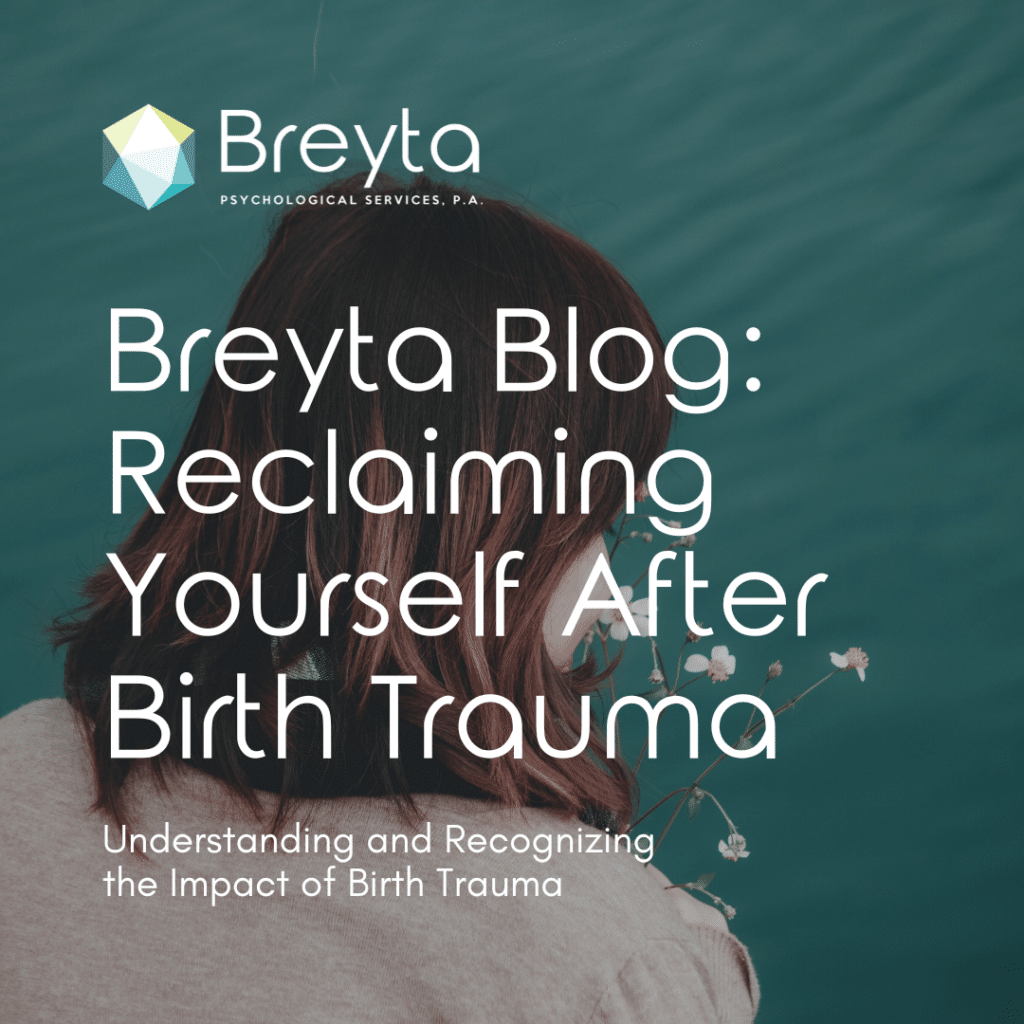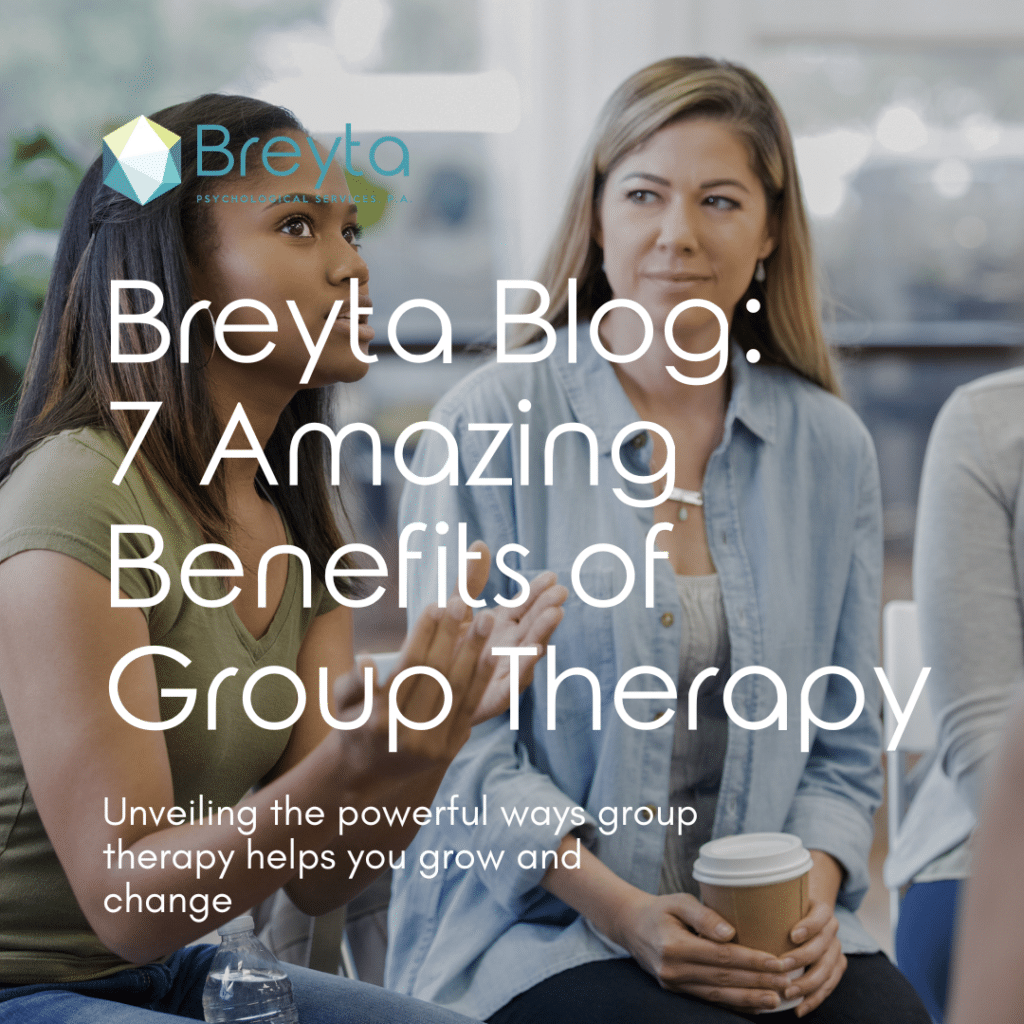Unfortunately, the odds are you or someone close to you has endured a traumatic event. The fact is, that more than half of all adults have dealt with trauma at least once in their lives. On top of that, about 8 percent of all adults will be diagnosed with Post-Traumatic Stress Disorder (PTSD), but it’s difficult to know the true number since so much trauma goes unreported, undiagnosed, or untreated.
Trauma and PTSD are quite common, and folks struggling with these situations need support. Depending on how close you are to them, the trauma can even impact you too. This makes it especially important for you to understand what’s going on.
What is Trauma?
Trauma is a term used to describe what occurs when you are exposed to a disturbing—and possibly life-threatening—event or series of events. Such events can result in damage that can last a lifetime. This is especially common if the trauma takes place during childhood. Some common examples of traumatic events include:
- Physical, sexual, or emotional abuse
- Neglect
- Being the victim of a crime or act of terror
- Injury, illness, or disability
- Being exposed to or victimized by domestic abuse or substance abuse in your home
- Loss of a loved one through death, divorce, or abandonment
- Experiencing a natural disaster
- War
- Incarceration
- Being a victim of human trafficking
- Poverty
Of course, there are other possibilities along with variations on the above themes.
What is PTSD?
Post-Traumatic Stress Disorder results from someone enduring or witnessing events like those on the list above, and it is diagnosable. The first step to getting an official PTSD diagnosis is recognizing common symptoms like:
- Avoidance: General avoidance of activities or anything pertaining to the trauma.
- Flashbacks: Frequent nightmares, intrusive thoughts, reliving the experience, etc.
- Hyper-Vigilance: Perceiving threats and dangers even when they don’t exist.
- Withdrawal: Self-isolation and loss of trust.
- Secondary Mental Conditions: Most commonly, anxiety and depression.
PTSD is usually treated with a blend of therapy and medication. Running parallel to that, people with PTSD very much need the support of the trusted folks in their lives.
4 Ways to Help a Loved One Coping With PTSD
1. Don’t Take it Personally
Your loved one is stuck in a place they do not want to be, which can lead them to behave in a way that seems to personally attack you. It’s crucial that you not tolerate abuse, but short of that extreme, both of you would be best served if you did not take PTSD symptoms personally.
2. Do Normal Things Together
When possible, change the subject. Not every conversation should be about PTSD or trauma. Connect in ways that not only reframe the focus but can serve to soothe their energy. Exercising together—in the proper setting—can be quite beneficial.
3. Practice Self-Care and Set Boundaries
You love them but you are not their nurse or therapist. Make it clear up front what you can and cannot do. Set aside time for yourself to practice self-care through things like:
- Healthy eating choices
- Regular sleep patterns
- Daily physical activity
- Relaxation techniques
4. Encourage Them to Get the Help They Need
Once you’ve made it clear that you’re not qualified to proved certain kinds of help, assist them in finding that support. Ideally, you’ll support them during the process of finding a counselor they trust. In the meantime, educate yourself about PTSD so you can make certain your help is truly helping.
How to Learn More
Anyone with PTSD should meet regularly with a therapist. This may feel like a daunting prospect but, with your assistance, it can be made smoother. In addition, you—as a friend, partner, or family member—could benefit from counseling too.
Let’s talk about the possibilities. Reach out today to set up a free and confidential consultation.





